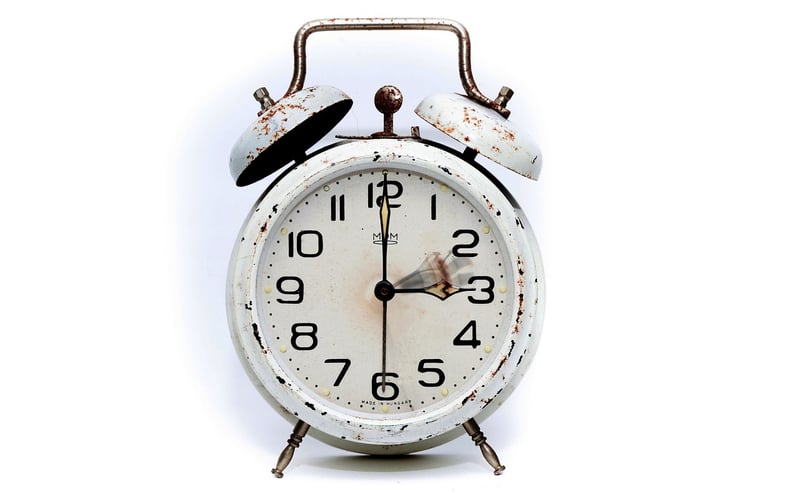Predestination Paradox
Theories & Consequences of the Predestination Paradox
Introduction
The concept of the Predestination Paradox is a fascinating topic that has intrigued scientists, philosophers, and science fiction enthusiasts for years. This paradox raises questions about causality, free will, and the nature of time itself. In this article, we will explore the theories behind the Predestination Paradox and its potential consequences.
What is the Predestination Paradox?
The Predestination Paradox, also known as a causal loop or bootstrap paradox, is a theoretical concept in which a time traveler inadvertently causes events that lead to the very outcome they were trying to prevent. In essence, the past, present, and future are inextricably linked in a closed causal loop with no clear point of origin.
Theories Explaining the Predestination Paradox
Several theories attempt to explain the mechanics of the Predestination Paradox:
- Closed Timelike Curve: This theory suggests that time travel is possible but only in a way that maintains a consistent timeline. Any actions taken by a time traveler would already be accounted for in the past.
- Parallel Universes: Some theories propose that when a time traveler changes the past, they create a new parallel universe, preserving the original timeline while branching off into a new one.
- Novikov Self-Consistency Principle: According to this principle, the timeline is fixed, and any actions taken by a time traveler are already part of the established history, ensuring a consistent loop.
Consequences of the Predestination Paradox
The Predestination Paradox raises intriguing consequences that challenge our understanding of causality and determinism:
- Free Will vs. Determinism: The paradox blurs the lines between free will and determinism, suggesting that events may be predetermined and inevitable.
- Temporal Causality Loops: Events in a Predestination Paradox create loops where the cause and effect are intertwined with no clear beginning or end.
- Existential Questions: The paradox forces us to ponder questions about the nature of existence, choice, and the possibility of altering the past.
Conclusion
The Predestination Paradox challenges our conventional understanding of time, causality, and free will. As we delve deeper into the complexities of this paradox, we are confronted with profound questions about the nature of reality and the limits of human agency in shaping our destinies.

